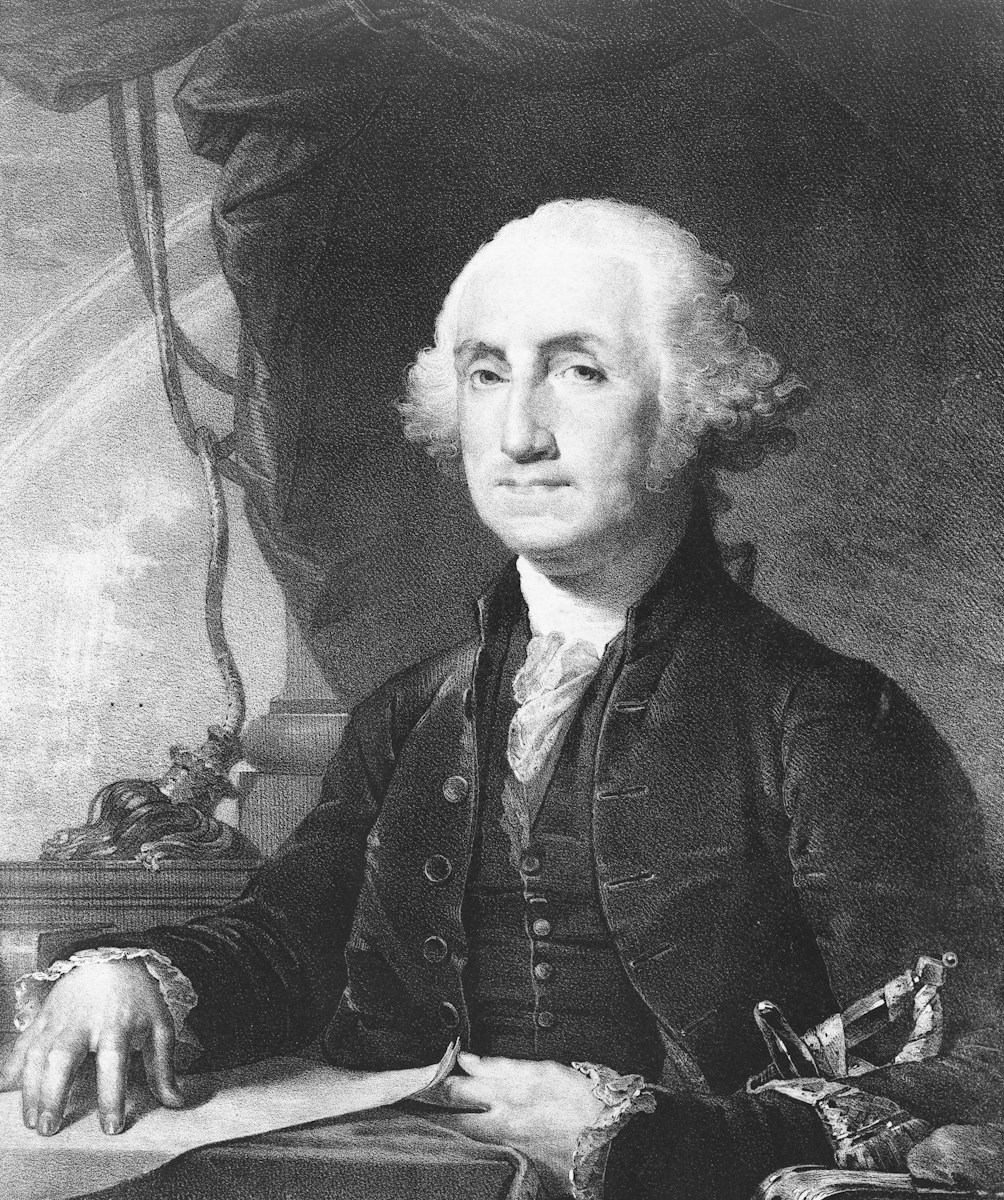George Washington stands as a central figure in American history, revered as the first president of the United States and a key leader during the nation’s formative years. His journey from a Virginia plantation owner to the commander-in-chief of the Continental Army, and eventually to the Presidency, encompasses moments that are pivotal to understanding the birth of the nation. He played a significant role in shaping the principles and governance of the fledgling republic, earning him the enduring title “Father of His Country.”
Though much of Washington’s life is interpreted through the lens of his leadership during the American Revolution and his presidency, it is his personal attributes, decisions, and moral convictions that offer a deeper insight into his character. His early career as a surveyor and experiences in the military during the French and Indian War were foundational in developing his skills and reputation, both of which laid the groundwork for his future roles. His two terms as president set precedents in leadership that continue to influence the office today.
Key Takeaways
- George Washington’s leadership was integral to America’s foundation as the first president.
- His early experiences shaped the skills and character that defined his later achievements.
- Washington set enduring presidential precedents with his governance and decision-making.
Early Life and Career
George Washington’s journey to becoming a pivotal figure in American history began with his modest upbringing and evolved through military service and political involvement. His early years laid the foundation for leadership and influence in the new nation.
Formative Years
Born on February 22, 1732, in Westmoreland County, Virginia, George Washington was the eldest son of Augustine Washington and Mary Ball Washington. His education focused on basic mathematics, surveying, and the staples of a gentleman’s education, which he used to the full extent later in life. The young Washington grew up on the family’s farm, known as Ferry Farm, near Fredericksburg on the Rappahannock River.
Military Beginnings
At the age of 20, following the death of his half-brother Lawrence Washington, George inherited the family estate near Little Hunting Creek, which he later renamed Mount Vernon. In 1753, he began his military career when appointed as a major in the Virginia militia, engaging in the early skirmishes of the French and Indian War. His first significant military encounter was at Fort Necessity, where he learned valuable lessons despite the defeat.
Political Evolution
After serving in the military, Washington entered politics, becoming a delegate to the Virginia House of Burgesses. His experience in the militia and firsthand knowledge of the challenges faced by colonists helped shape his political views. He was a delegate to both the First and the Second Continental Congress and was later appointed Commander in Chief of the Continental Army during the American Revolution.
Personal Life and Enterprises
George Washington married Martha Dandridge Custis, a wealthy widow, thereby significantly increasing his landholdings and social standing. He took an active role in managing Mount Vernon, involving himself in diversified farming practices and furthering his interest in land development and surveying. His business acumen was seen in his innovative farming techniques and in his early career as a surveyor for Culpeper County, a role facilitated by the influential Fairfax family.
Throughout his early life and career, George Washington revealed the resolve and character that would lead him to become a national emblem of unity and leadership.
Presidency and Legacy
George Washington’s presidency set the cornerstone for American governance. His actions in office laid down principles that would shape the nation’s future.
Building the Nation
George Washington took the oath of office in 1789 in New York City, becoming the first President of the United States. He established many cabinet positions and precedents that would be instrumental in the running of the federal government. Washington emphasized the importance of national unity and the rule of law.
Domestic and Foreign Policies
Washington’s presidency was marked by significant events, including the Whiskey Rebellion, which tested the federal authority, and the establishment of a neutrality policy in foreign affairs. With figures like Alexander Hamilton and Thomas Jefferson in his cabinet, he navigated through domestic and foreign policy challenges, reinforcing the new Constitution.
Retirement and Death
After serving two terms, Washington set yet another precedent by voluntarily stepping down, reinforcing the democratic principle of the peaceful transition of power. He retired to his home at Mount Vernon and passed away on December 14, 1799, leaving a legacy as a pivotal figure in American history.
Cultural and Historical Impact
Dubbed “the Father of His Country,” Washington’s influence extended beyond his lifetime. The Farewell Address, his advice to the nation, and his integral role as a commander in chief during the Revolutionary War are celebrated. Washington’s image and ideals are deeply ingrained in American culture and history.
Frequently Asked Questions
George Washington remains a figure of immense significance in American history, having shaped the presidency and set enduring precedents. Understanding his life through these key questions helps to appreciate his impact.
What were the significant accomplishments of George Washington during his presidency?
George Washington, as the first President of the United States, established the executive branch of the government and defined the role of a president. His two terms in office saw the creation of a national bank, the establishment of a system to levy federal taxes, and the enforcement of laws like the suppression of the Whiskey Rebellion, which upheld federal authority.
How did George Washington’s upbringing influence his later life?
Raised in Virginia’s gentry class, George Washington gained skills in land surveying as a young man, which led to his early wealth and military appointments. His upbringing instilled a sense of discipline and leadership that later proved invaluable during the Revolutionary War and his presidency.
What can be said about George Washington’s family and personal life?
He married Martha Dandridge Custis, a wealthy widow, which brought him even greater wealth and status. While they had no children together, George raised Martha’s two children from her previous marriage as his own. Their life at Mount Vernon was both that of a family man and a plantation owner.
What were George Washington’s educational experiences and who influenced him?
Washington’s formal education was modest, typical of a planter’s son at the time, entailing basic math, reading, and writing. Influenced by his half-brother Lawrence, who served as a mentor and connection to the Fairfax family, his education extended into practical experiences which paved his way into surveying and military service.
What were the key events that led to George Washington’s death, and what was his age at that time?
On December 14, 1799, at age 67, George Washington died from a throat infection. His health declined rapidly after riding in wet and icy conditions, leading to his death only two days after falling ill. He died at his beloved Mount Vernon.
Which historical impacts and legacies can be attributed to George Washington’s leadership?
George Washington’s leadership solidified the principles of a democratic republic. He set important precedents like the two-term limit for the presidency and manifested the vision of a balanced federal government. His contributions to the Constitution and shaping of the United States’ early foreign policies are part of his enduring legacy.







